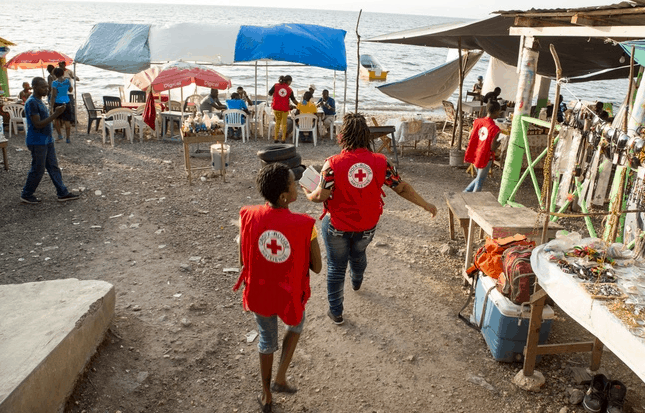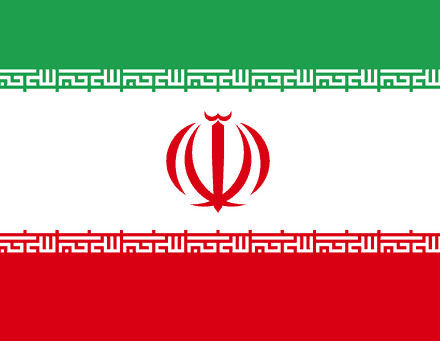
The investigative journalism organization ProPublica has teamed with NPR for a new report that looks at “How the Red Cross Raised Half a Billion Dollars for Haiti and Built Six Homes.” The story—which you can listen to here—looks at how in the aftermath of the devastating earthquake that hit Haiti in 2010, the charity organization raised hundreds of millions of dollars to help the country recover, but after five years, there was not much to show for it: “The Red Cross’ legacy in Haiti is not new roads, or schools, or hundreds of new homes.” Most concerning is the American Red Cross’ claim that they provided homes for 130 thousand people in Haiti, when they only actually built six houses. Though they did provide immediate disaster relief, like food and blankets, it’s unclear where the organization spent much of the money it brought in following the earthquake. Even top government officials in Haiti aren’t sure how the massive amounts of donations were used.
The country’s former prime ministry even pointed out that the organization’s claim to have helped 4.5 million Haitians doesn’t make sense. He told the reporters: “We don’t have that population in the area affected by the earthquake. 4.5 million was 100 percent of the urban area in 2010.” Though the organization says they helped repair 4,400 homes in addition to providing “clean water, sanitation, vaccinations, disaster preparedness, cholera prevention,” NPR says the Red Cross will not show exactly how all of the donations were spent. Internal emails show that Red Cross officials appeared to be confused at how to spend the money it had raised. At the same time, other charities built more than 9,000 houses in the country.
In a response to the story, the American Red Cross wrote, “The Red Cross is disappointed, once again, by the lack of balance, context and accuracy in the most recent reporting by ProPublica/NPR, which follows the pattern of all their previous Red Cross stories. It is particularly disappointing to see our work misrepresented considering we answered more than 100 questions in writing and provided an interview with the head of our international programs” …






















